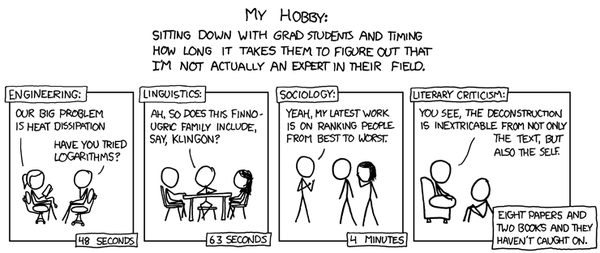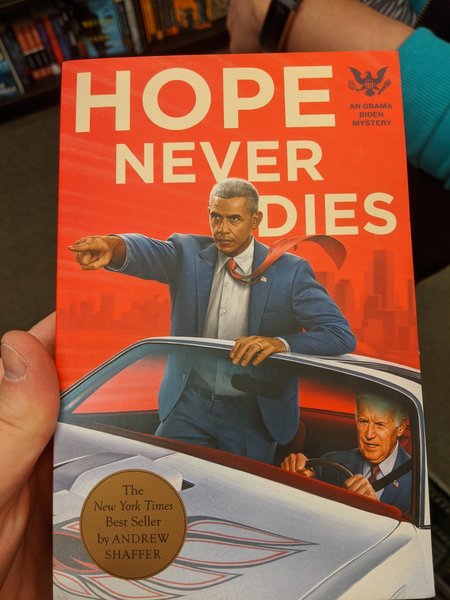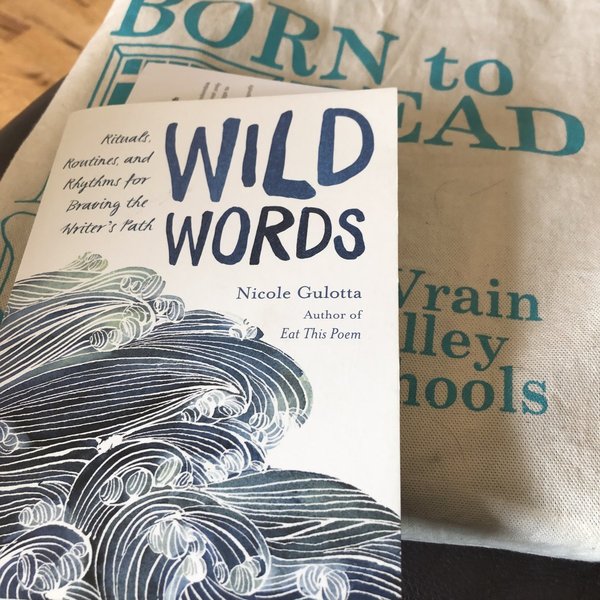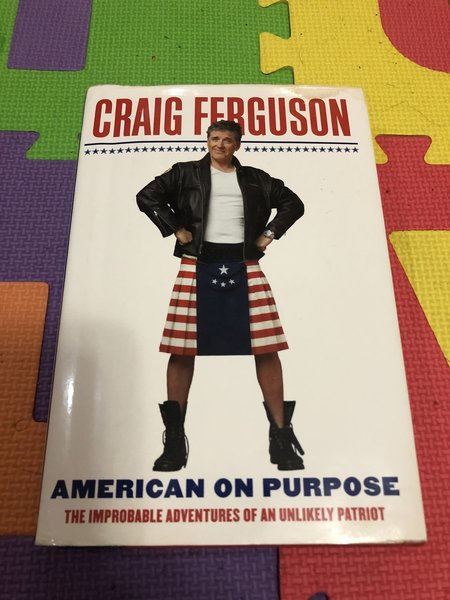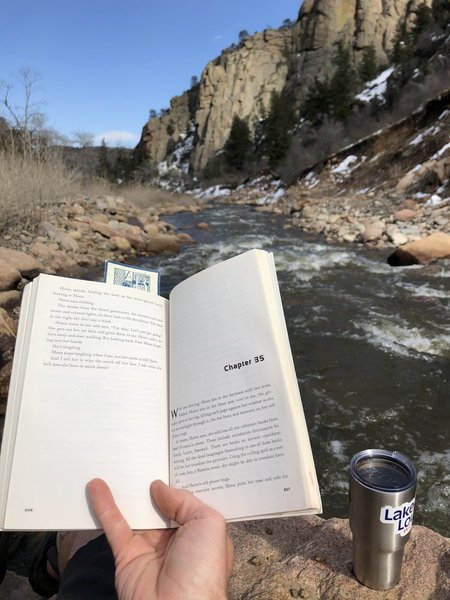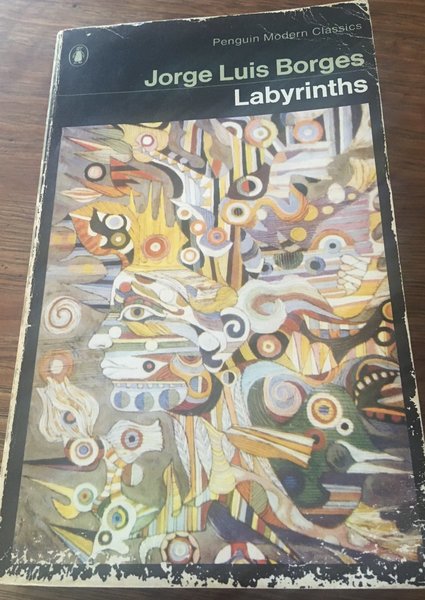jeradjames
Senior Member
- Joined
- Apr 5, 2015
- Messages
- 107
- Reaction score
- 407
8. The Rings of Saturn by W. G. Sebald
A travel memoir focused on themes of death/decay/temporal being of everything rather than plot. Sebald's narrator wanders through the coast of England mediating on everything from bombings of WWII, Joseph Conrad, herrings, to the silk industry.
A travel memoir focused on themes of death/decay/temporal being of everything rather than plot. Sebald's narrator wanders through the coast of England mediating on everything from bombings of WWII, Joseph Conrad, herrings, to the silk industry.


